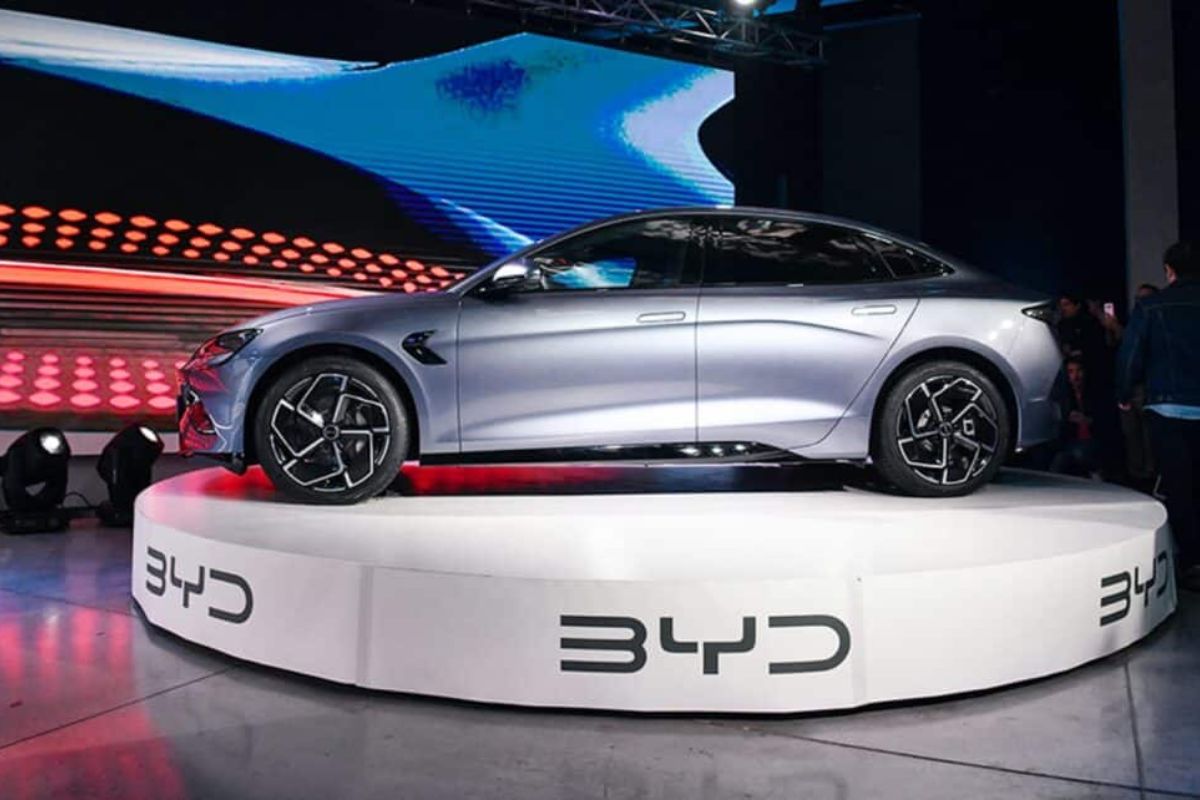In reaction to China’s rise as a leader in electric vehicles, America and Europe are taking separate paths.
Prior to their launch, Chinese EVs are being prohibited from entering the United States. Despite incredibly low imports the Biden administration last month increased the overall tariff rate on Chinese electric vehicles to 102.5%. According to a Bloomberg story on Friday, Canada, whose auto industry is closely entwined with the US is also contemplating additional duties.
When exorbitant import taxes fail to deter Chinese electric vehicles (EVs)—for instance, if they are manufactured in Mexico to capitalize on the nation’s free-trade agreement with the United States and Canada—Washington also opened an inquiry in February to evaluate the security threats associated with them. This might be an even more effective blocking mechanism. In the event that President Biden is defeated in November a second Trump administration would likely be even more hawkish.
Meanwhile, the entry of Chinese EVs into the European Union will only be slowed by new levies that Brussels announced this month. Although it will take time for the products to overcome consumers’ aversion to unknown brands, the market is still open.
Chinese EVs Are Shaping the Future
The suggested tariff rates are rather low—an extra 17.4% in the crucial case of BYD, the dominant company in the Chinese market. That may eliminate the majority of the company’s cost advantage over its European competitors on top of a long-standing 10% tariff but it probably wouldn’t derail its expansion goals. Citi predicted that the corporation would still make larger margins in Europe than in fiercely competitive China assuming it splits the cost burden of the proposed levy with consumers.
Furthermore, the ultimate tariffs can be even lower. The EV inquiry is a component of a negotiation; this week China launched its own antidumping probe into imports of pig products from the EU Both proposals make use of WTO regulations that permit countervailing duties on goods that have received subsidies. In contrast, Washington’s “Section 301” tariffs are a uniquely American weapon that is unlikely to result in any sort of bilateral agreement.
Similar to how the Reagan administration’s tariffs on Japanese automobiles in the 1980s accelerated the trend toward localizing production, the main impact of EU tariffs would be to accelerate this tendency. Partner at AlixPartners, Andrew Bergbaum, has already identified eight Chinese EV factories that are scheduled to open in Europe. As long as they make use of a high enough proportion of local parts, they will be able to sell into the region duty-free.
The tariffs being proposed to defend European industry against surplus Chinese capacity will just produce excess European capacity because there are no longer any automobile consumers for these new plants. Consumers will benefit from bargains and new wheels as a result, but traditional automakers will suffer in an already competitive market.
The established industry could benefit from the entrants sharing plants. Zhejiang Leapmotor Technology, a Chinese automaker and Stellantis, which controls the Chrysler company in Detroit and brands including Fiat and Peugeot, established a European joint venture last month.
According to a recent Jefferies note, the company is beginning to use a Stellantis factory in Poland to manufacture Leapmotor vehicles for the European market. To some extent, the approach is a mirror image of the Chinese JVs through which most Western automakers still access the Chinese market.
The United States is adopting distinct strategies from China. Increases in tariffs must be viewed in the context of the Biden administration’s Inflation Reduction Act, which ushered in a new era of heavily subsidized, Chinese-style industrial policy.
A completely new EV supply chain will be established to operate alongside the Chinese one that currently controls the industry, if the complex system of rewards and penalties proves effective.
However, this will also lead to overcapacity because it would be difficult to maintain complete separation of the supply chains. The political sensitivity of the EV business means that, growth potential notwithstanding, it is destined for low returns.
Read More
The Battle Begins: Oil and Corn Groups Unite to Challenge Biden’s Tailpipe Emissions Rules
Actor Donald Sutherland Passes Away at 88
Source
wsj.com

Andrew is a New York-based markets reporter at The Wall Street , covering the latest news from Wall Street, the rise of the spot bitcoin exchange-traded funds and updates on crypto markets. He is a graduate of New York University’s business and economic reporting program and has appeared on CBS News, YahooFinance and Nasdaq TradeTalks. He holds BTC and ETH.







